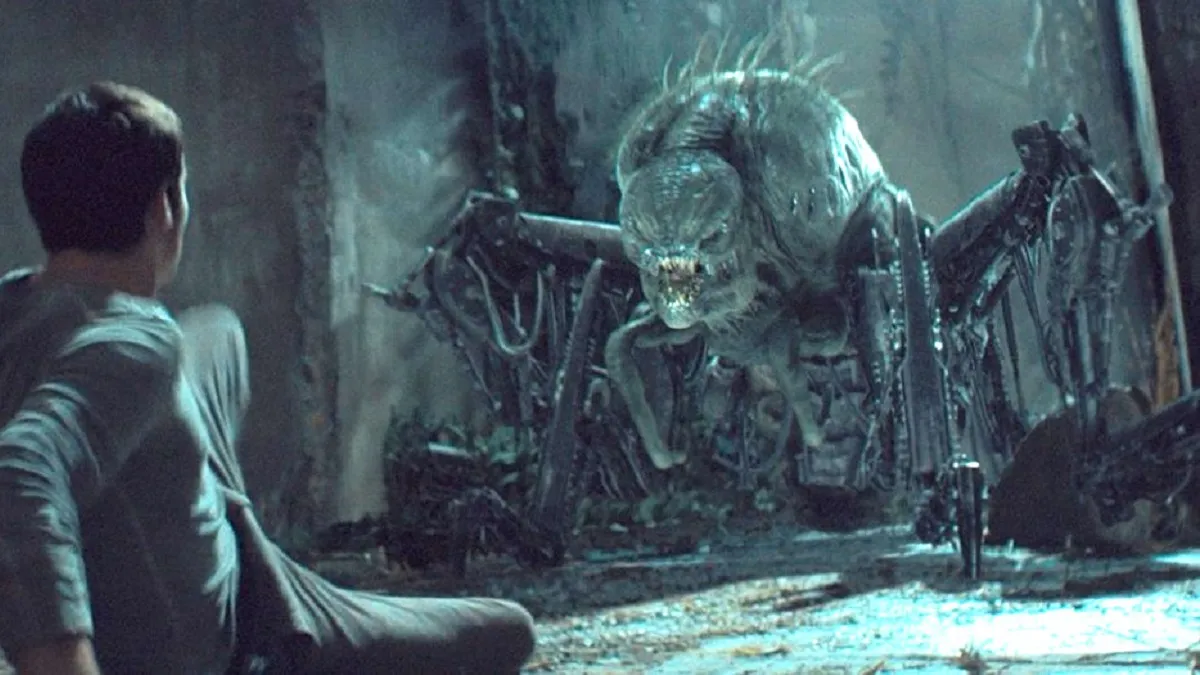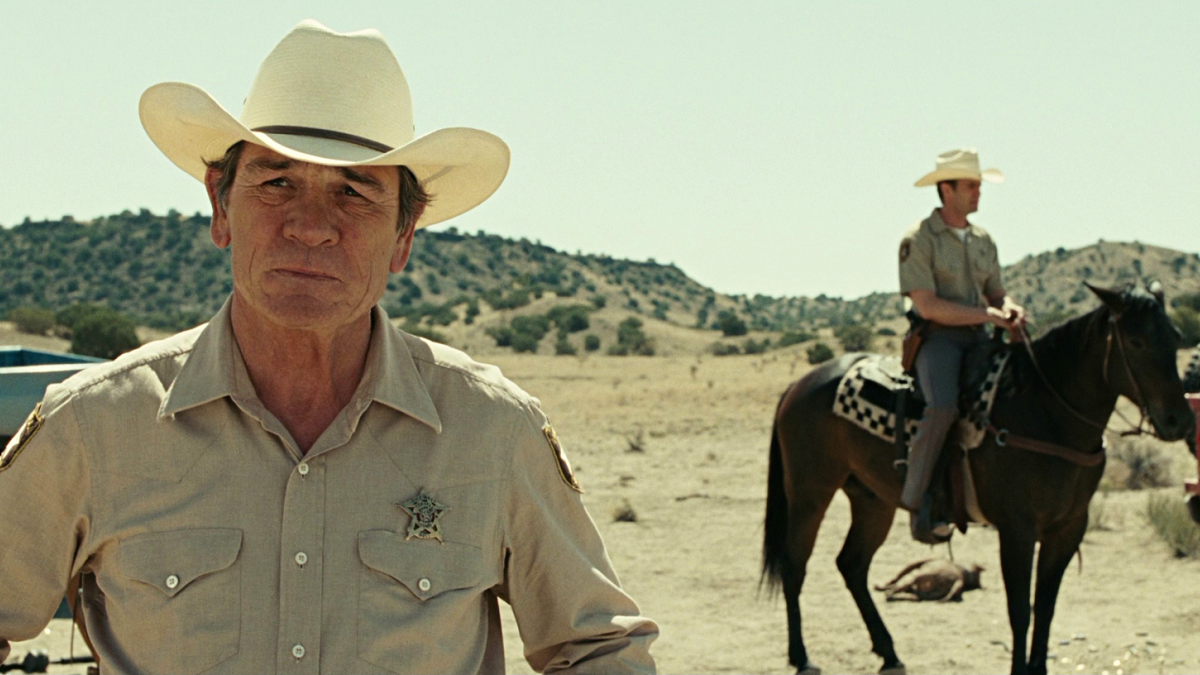A veritable flood of mysterious, majestic extraterrestrial and terrestrial imagery strung together by a less compelling spoken-word narrative, intrepid filmmaker Jean-Christophe Jeauffre’s survival doc Passage To Mars is sure to inspire a few wide-eyed youngsters to pursue the exciting field of space exploration and offers an improbable story of endurance and problem-solving to those with a particular interest in NASA and their planet-hopping endeavors. There isn’t enough emotional attachment or narrative thrust, however, to keep audiences with only marginal knowledge or interest in scientific pursuits immersed and engaged.
To prepare for a future Mars expedition, NASA sent a team of engineers, survivalists, and documentarians (Jeauffre was one of them) to test-drive a prototype Humvee called the HMP Okarian across 2,000 miles of frozen ground and sea that is the Northern Passage, eventually arriving at Devon Island, the largest uninhabited island in the world. Via journal entries, we experience the treacherous journey from the perspective of mission director Pascal Lee, who co-wrote the movie alongside Jeauffre and appears onscreen regularly. Lee oddly doesn’t voice his own words, however, as Zachary Quinto does the honors.
This decision to have Quinto essentially play the role of Lee leads to some confusion, as several times we’ll hear the Star Trek actor recite Lee’s journal just seconds before we see the real Lee onscreen, speaking to his fellow adventurers in his real voice, which sounds nothing like Quinto’s. This is a major distraction that often severed my connection with the movie and over time created a sense of detachment; hearing Lee’s real voice and then hearing Quinto’s and then Lee’s again is a constant reminder that the narration isn’t straight from the source. Quinto over-emotes, punching up the emotions in an actorly way, and hearing for ourselves that Lee has no such flair for drama in his inflections ruins the illusion.
Stifling the storytelling as well is a notable lack of group dynamics. This is a road movie, after all, and the fact that it struggles to convey a sense of team camaraderie and rapport is a major issue. On a couple of occasions, the crew get stranded in the barren, white expanse due to equipment malfunctions (and a lack of spare parts). These moments of anxiety and down-time seem a perfect opportunity to flesh out the personalities of the crew members, but we mostly just get poetic speculation and rumination from Quinto’s Lee.
What makes the film compelling aside from the sheer difficulty of the real-life mission is Jeauffre’s lyrical use of martian and arctic wilderness imagery, which evokes a sense of wonder and scientific curiosity that is at times sensual and spectacular, at times inspiring and deeply moving. The cold desolation of the unforgiving arctic climate is captured in stark detail, and while the film isn’t immersive enough to make you feel like you’ve trekked alongside the six-man crew on their journey, it’s evocative enough to help you appreciate just how arduous and important it was. It’s clear from Jeauffre’s filmmaking that he put his all into making it, but we don’t get that same sense of passion from his crewmates.
The bitter truth about Passage to Mars is that it’s about a mission that, while awe-inspiring, doesn’t exactly make for the most riveting documentary material. The six subjects simply aren’t all that charismatic or watchable, a reality the addition of Quinto only serves to accentuate. Jeauffre’s style is cinematic and thoughtful, and there’s enough scientific information and intrigue to reel in NASA-heads with ease, but the story is too bloodless and pragmatic to capture the imaginations of a wider audience.






